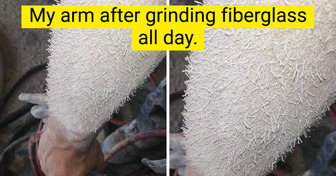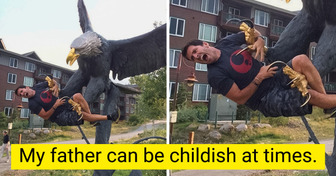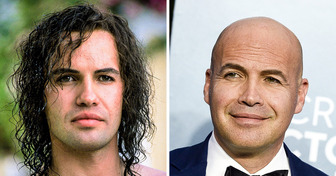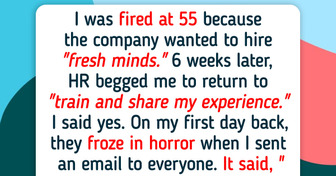9 Carefree People Who Are Calmer Than a Buddhist Monk

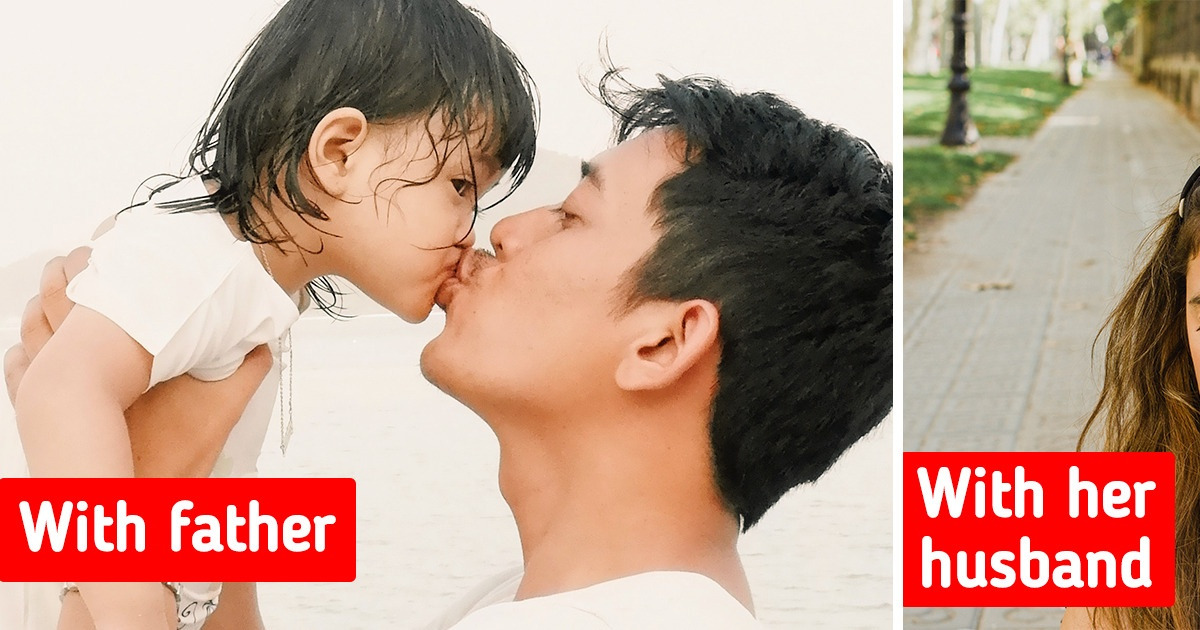
The desire to hug your niece, nephew, grandson or granddaughter, or your own child is probably one of the purest and most natural emotions that can come to an adult’s mind. In some countries, a hug or a kiss on the cheek has become a common gesture and a joyous greeting. But while many of us consider cuddling just a harmless act of goodwill and affection, there’s a point of concern for psychotherapists which they want to share with all parents.
Recently, there appeared a Twitter post written by media professional Rituparna Chatterjee. It immediately got people discussing how to teach consent to pre-school and middle school kids.
Rituparna wrote, “A little girl I know doesn’t like to be hugged or picked up, from what I’ve observed, other than by her parents. My 6-yr-old squirms out of the embraces of strangers, and looks away when asked to hug someone. I’ve trained myself to ask kids: ‘May I give you a hug?’ I don’t if they refuse.”
Many parents joined in on the thread, and many saw a problem in seeking permission from kids before expressing their caring through hugs or kisses. And the experts weighed in on this heated debate.
Mental health experts, as well as many parents, are sure that it’s vital to make a child feel comfortable and secure. Even if, sometimes, it is achieved by making an adult feel deprived.
Clinical psychologist Seema Hingoranny says, “Children, even at a young age, are learning about the idea of consent. So, parents and elders should seek permission from kids before physically expressing affection, and if they are not comfortable, they should back off.”
Seema believes that by following this strategy, you teach children to be self-confident. They learn about personal boundaries and tell you to respect theirs when you accept any form of their “no.”
Jessica MacNair, a licensed therapist from Arlington, Virginia, who has more than 20 years of experience, shares her opinion on the subject. She shared 10 parental tips that she swears by, which help parents to build a safe relationship with their kids. Among them are “never use food as a reward,” “never comment on body types,” and “always seek consent before hugging your child.”
She explained her advice by saying, “For them to advocate for themselves and be an adult, they have to learn how to give consent. To model that from a young age is important, the older gen didn’t have that, so they don’t realize you can say no.”
She adds, “It can feel like an offensive rejection, but I always remember they don’t owe you anything, and they have to be able to advocate for themselves even if it’s not what you want.”
Clinical psychologist Seema Hingoranny advises teaching and discussing the idea of consent with the help of storytelling. Parents can do it by using animal characters in different situations.
Heena Ubaid, an owner of a daycare center, shares her own experience in using storytelling as a way to teach and explain the idea of consent to kids.
She says, “I have 2 kids. While my daughter is expressive and does not mind a hug or a peck on her cheek, my son is not okay if anyone other than my husband or I kiss or cuddle him. I definitely believe that seeking a child’s permission is a good way to start any interaction, as you are making them feel safe and comfortable. I use storytelling as a way to teach consent, as kids are more receptive to that.”
Do you believe in the idea of asking for kids’ consent before hugging them? How else do you teach your kid about their personal boundaries?


